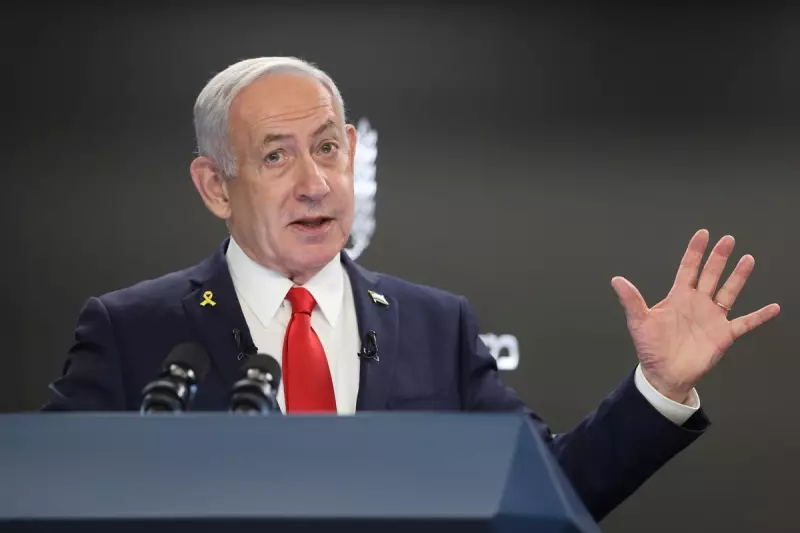
Israeli Prime Minister Benjamin Netanyahu has issued a chilling warning, declaring the coming summer will be "very hot" as tensions with Lebanon's Hezbollah militant group reach a boiling point. The stark statement signals a potential dramatic escalation of the ongoing cross-border conflict that has raged since the outbreak of the Gaza war.
The situation on Israel's northern frontier is increasingly precarious, with near-daily exchanges of fire between the Israeli military and the Iran-backed Shia group. Mr Netanyahu's comments, made during a visit to the border area, suggest a major Israeli military offensive could be imminent if diplomatic efforts fail.
A Region on the Edge
The escalation has already had devastating consequences. Tens of thousands of civilians on both sides of the UN-demarcated Blue Line have been forced to flee their homes, creating a humanitarian crisis amidst the relentless shelling. Entire towns in northern Israel and southern Lebanon now resemble ghost towns.
International mediators are working frantically to prevent a full-scale war, which would be catastrophic for both nations. Hezbollah possesses a vast arsenal of rockets and missiles, and any widespread conflict would likely draw in other regional actors, including Iran.
The Gaza Connection
This northern front is intrinsically linked to the ongoing war in Gaza. Hezbollah has stated its attacks are in solidarity with Hamas and Palestinians in the Strip. Israeli officials, however, are increasingly framing the situation as a separate national security threat that requires its own decisive resolution, irrespective of events in Gaza.
The Israeli military has confirmed it has approved operational plans for an offensive in Lebanon, should it be ordered. Meanwhile, Hezbollah leader Hassan Nasrallah has vowed to fight with "no rules" if a full-scale war erupts, threatening to target cities across Israel.
The world watches with bated breath as the spectre of a second, devastating front in the Middle East conflict looms larger than ever.





